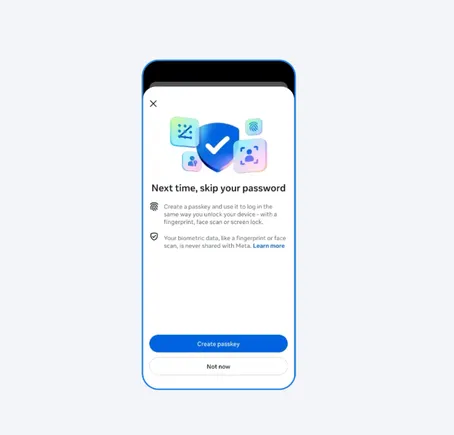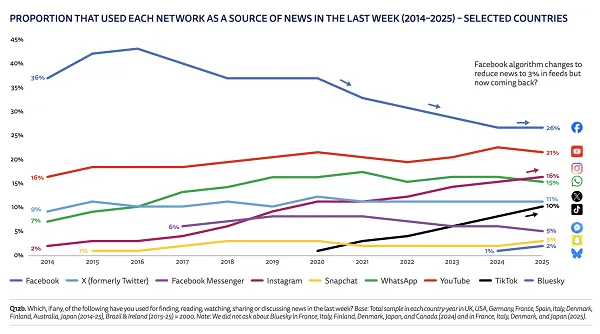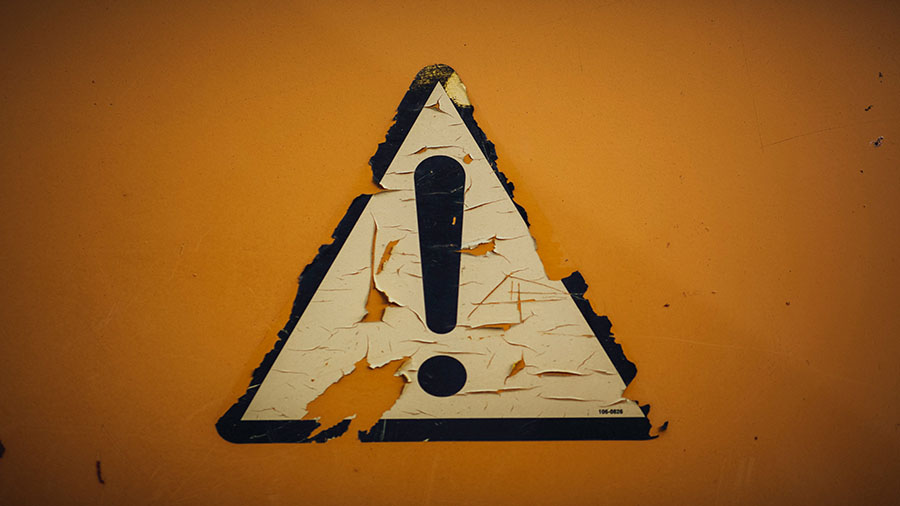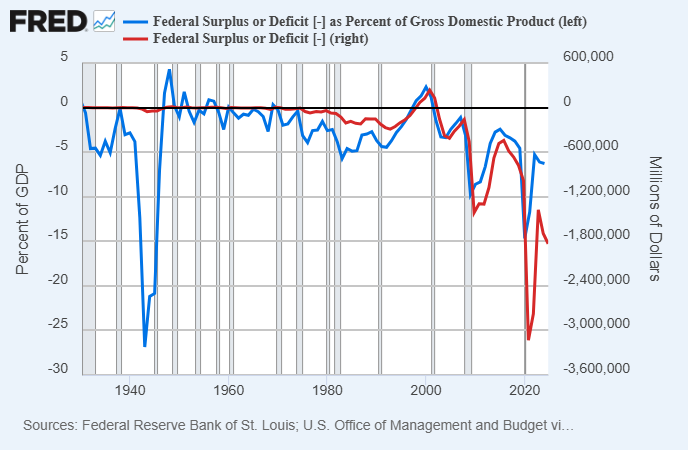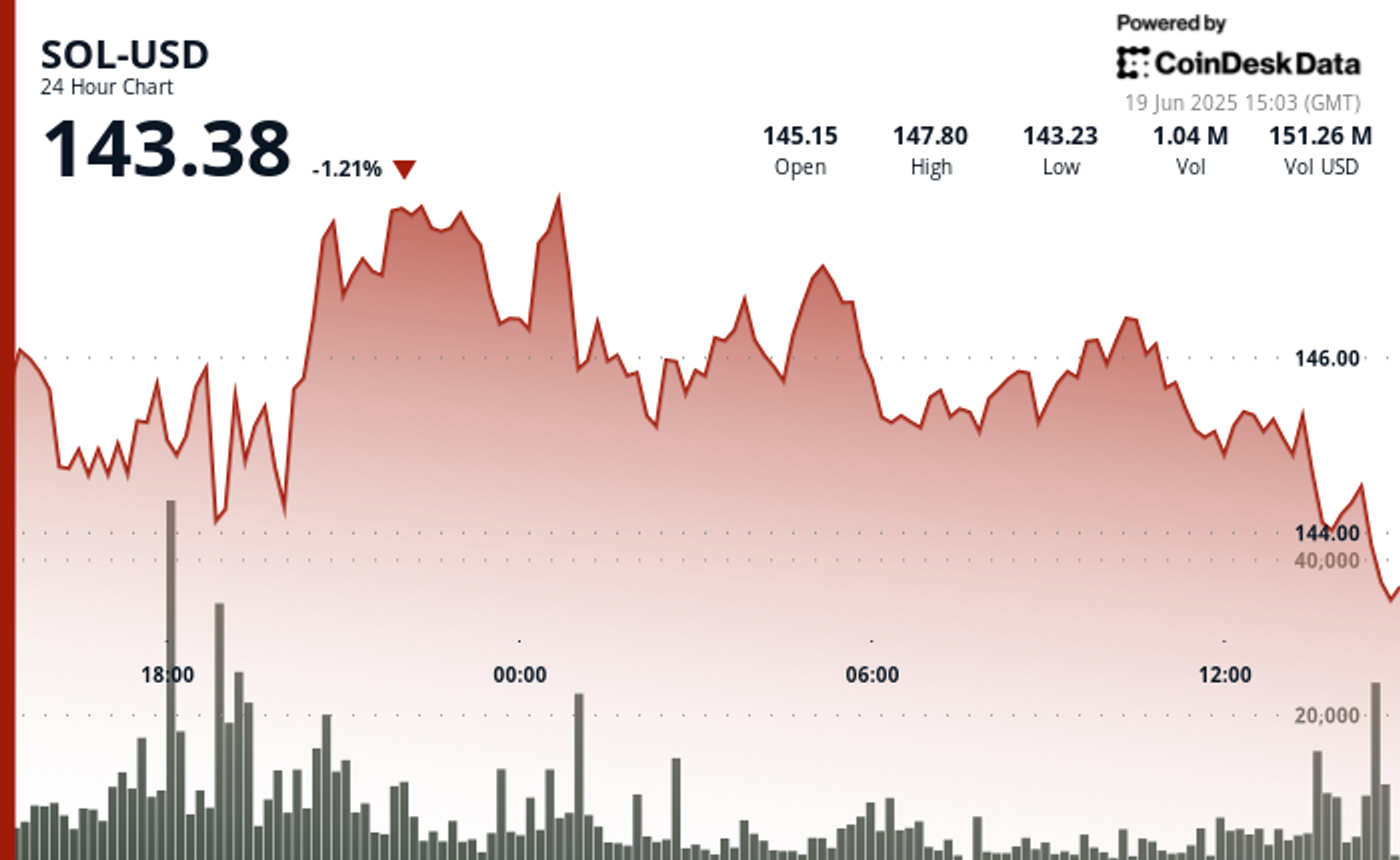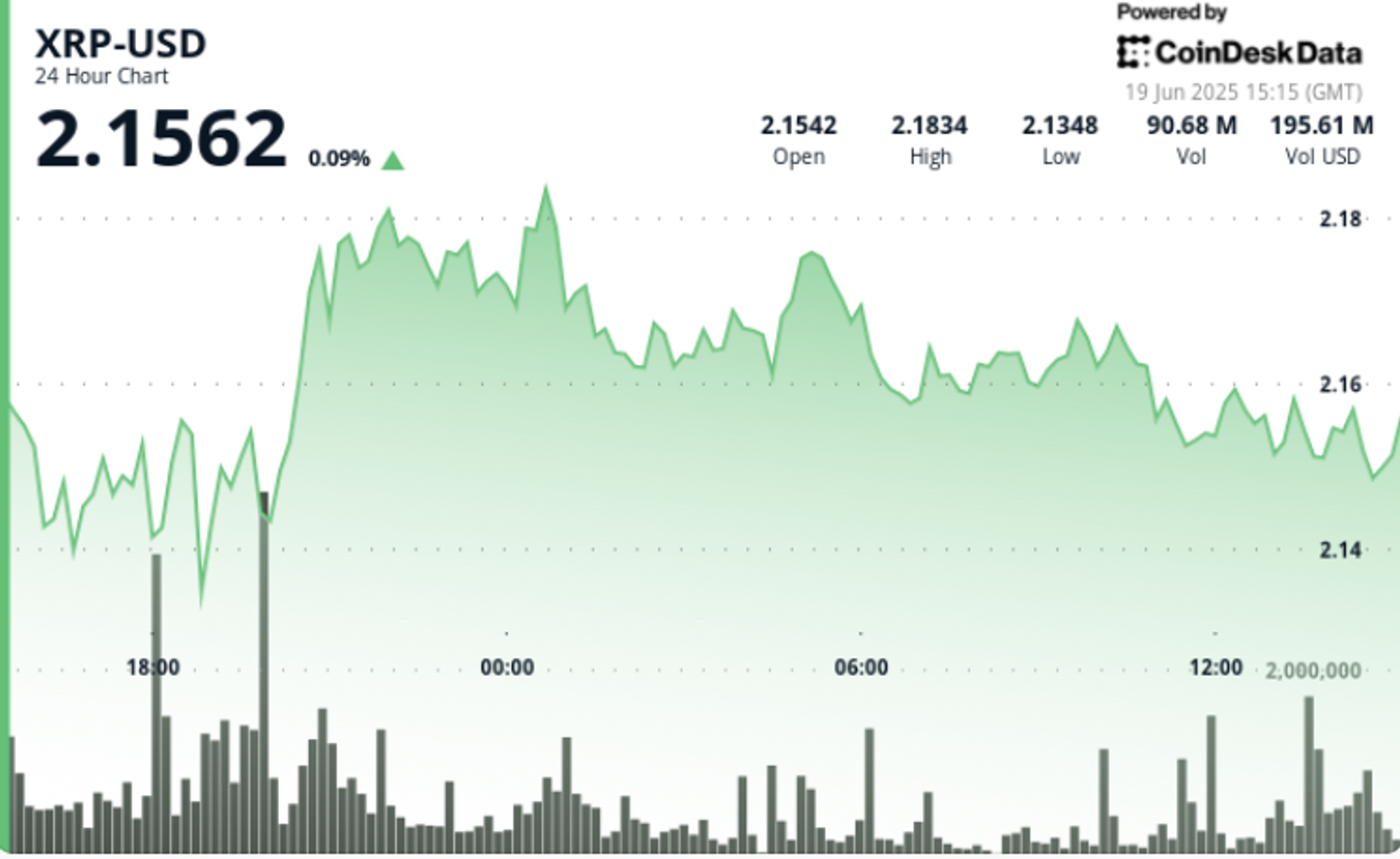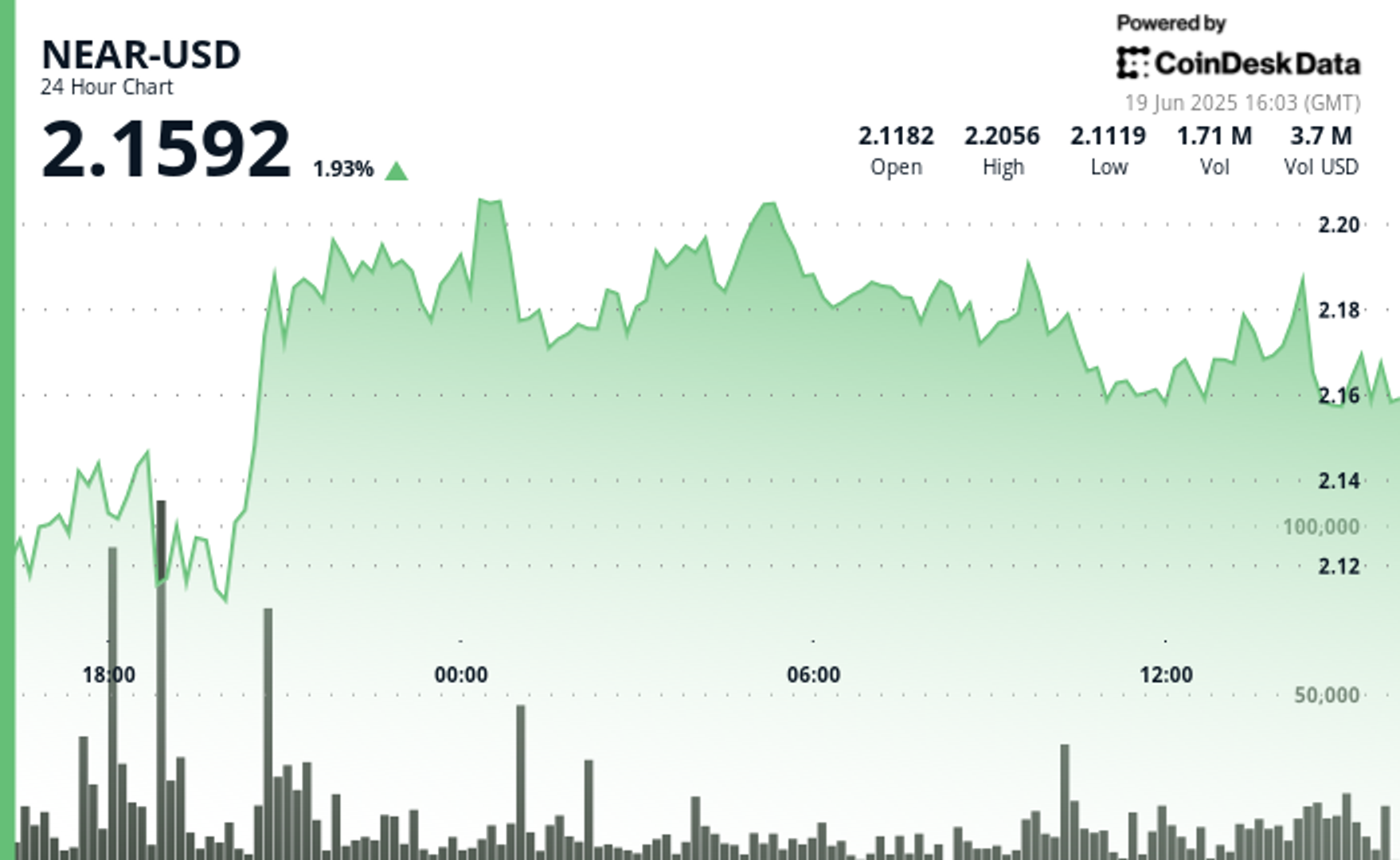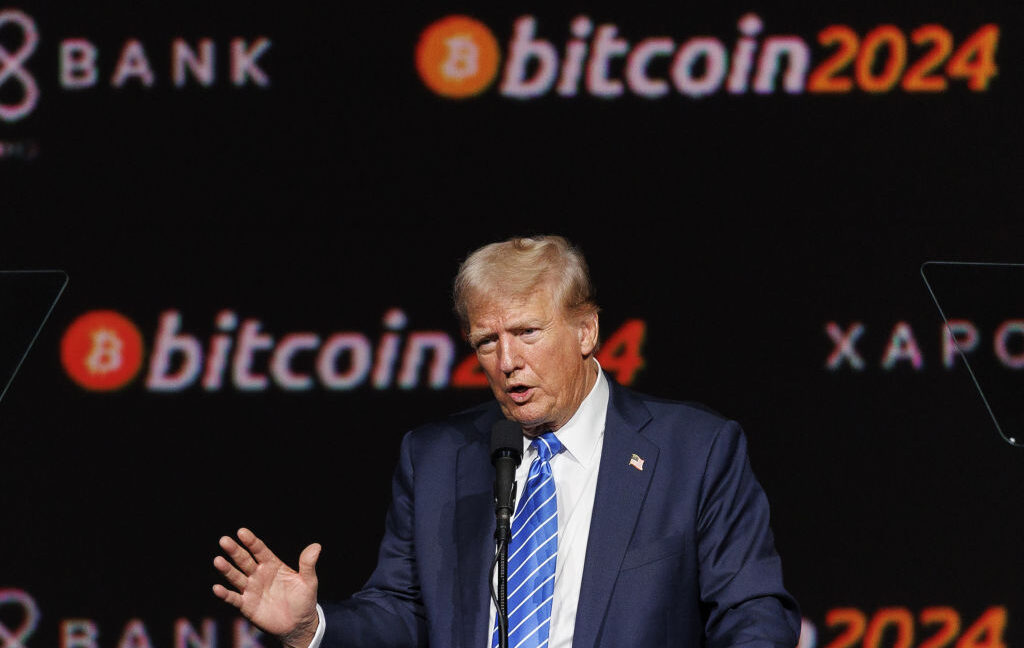Project Eleven Raises $6M to Defend Bitcoin From the Coming Quantum Threat
Project Eleven is also offering 1 BTC to the first team to break an elliptic curve cryptographic key using a quantum computer.

Project Eleven has raised $6 million to protect bitcoin BTC from the existential threat of quantum computing, as fears mount that the network’s core cryptography could one day be rendered obsolete.
The round was co-led by Variant Fund and Quantonation, with participation from Castle Island Ventures alongside founding investors Nebular and Formation, according to a release.
"As quantum computing capabilities advance, the threat to systems like Bitcoin is no longer theoretical, it's imminent," Alex Pruden, CEO of Project Eleven, said in a release.
"This funding allows us to stay ahead of that curve, building the tools, standards, and ecosystem required to ensure digital assets remain secure in a post-quantum world,” Pruden said.
Earlier this year, Project Eleven launched the Q-Day Prize, offering 1 BTC to the first team that can break Bitcoin’s elliptic curve cryptography (ECC) using a quantum computer.
“We define Q-Day as the moment when quantum computers become capable of breaking the elliptic-curve cryptography that secures private keys used by Bitcoin,” said Conor Deegan, co-founder and VP of Engineering at Project Eleven in a release.
Project Eleven also announced it is launching Yellowpages a post-quantum cryptographic registry where users can generate hybrid key pairs, create proofs linking them to their existing BTC addresses, and timestamp those proofs on a verifiable ledger.
Yellowpages works by having users generate a new key pair using post-quantum cryptographic algorithms, such as lattice-based systems, that are resistant to the types of attacks a future quantum computer could launch.
They then create a cryptographic proof linking this quantum-safe key to their existing BTC address. That proof is timestamped and stored in Yellowpages, a public registry hosted off-chain.
It doesn’t move funds or alter anything on the Bitcoin blockchain, but creates a verifiable paper trail of wallet ownership that could serve as a fallback if elliptic curve cryptography is ever broken.
“Preparing ahead of Q-Day means ensuring that digital assets remain secure and verifiable in a post-quantum world. With Yellowpages, we’re giving users free, audited, and open-source tools to proactively establish quantum-resilient ownership today,” Deegan continued.
Securing BTC against quantum through consensus
The approach contrasts with solutions like QRAMP, a Bitcoin Improvement Proposal that mandates a hard-fork migration to quantum-safe addresses.
While effective in theory, QRAMP and similar proposals face a high barrier to adoption because they would require consensus, a tall order in a governance environment known for caution.
Ethereum’s multi-year journey to Proof-of-Stake and Bitcoin’s recent OP_RETURN debate are reminders of just how slow protocol change can be, and some analysts have warned that the slow governance process is a threat itself.
This route would bypass the need for consensus, while also facilitating the mass adoption of quantum defenses.
As Rick Maeda of Presto Research recently warned in an interview with CoinDesk, quantum defenses must be built linearly, not reactively, because by the time the threat is real, it’s already too late.
Project Eleven’s latest moves suggest some in the crypto industry are taking this threat seriously while acknowledging the weakness of current methods.





